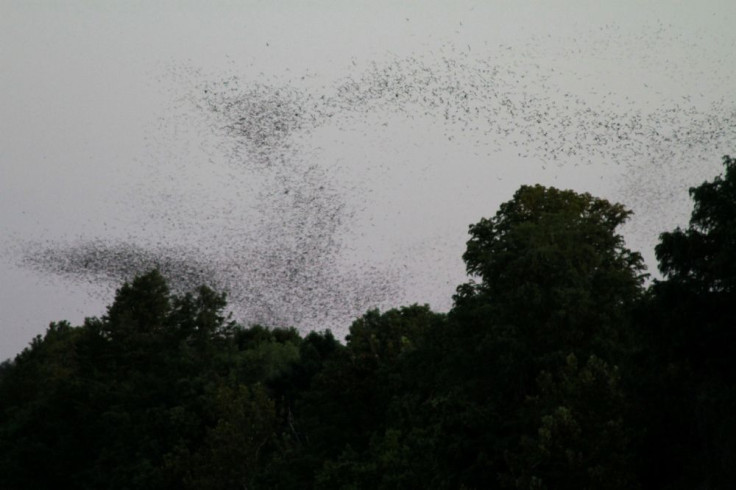Canada Signs Agreement With US and Mexico To Protect Migratory Species

Canada, United States and Mexico have signed an agreement stating protection of migratory bats. The three countries have agreed in supporting conservation of bats in North America.
“Wildlife sees no passports, and wildlife sees no borders,” said federal environment minister Leona Aglukkaq in an interview with CBC News. According to her, it is the best way to protect the migratory species.
Bat migration occurs when there is scarcity of food in its current location. When food is abundant in the same location, bats return. Several bat species have been threatened to extinction in one or more of the countries involved. Loss of habitats conducive for migration, presence of wind turbines, adverse weather conditions and presence of certain diseases are all factors that serve as threat to the species’ survival.
Two species of bats, the hoary bat and silver-haired bat, are the most affected by wind energy facilities in the U.S. and Canada. These two species account for 56 percent of reported bat fatalities between 2000 and 2011, according to a report from the Bat Conservation International.
Wind turbines have greatly affected bat populations. One of the measures to remedy this problem was the funding of a bat deterrent research program by the U.S. Department of Energy, or DOE.
There is a program called operational minimisation which involves shutting down turbines at times when bats are most active. However, the wind industry experienced financial constraints with the program. A device called ultrasonic acoustic deterrents, or UAD, funded by DOE will help reduce bat activity and allow wind energy facilities to function normally, creating an approach that reduces bat fatalities.
The agreement signed by the three countries does not only benefit bats, as the same agreement had been signed in 2014 in the efforts of protecting the monarch butterfly. These three countries also extend work in protecting migratory birds. CBC News reports that while Aglukkaq has received praises for securing an agreement for the protection of the migratory bats, she is still under pressure to acquire funds to support the measure.
To report problems or leave feedback on this article, email: wendylemeric@gmail.com.





















